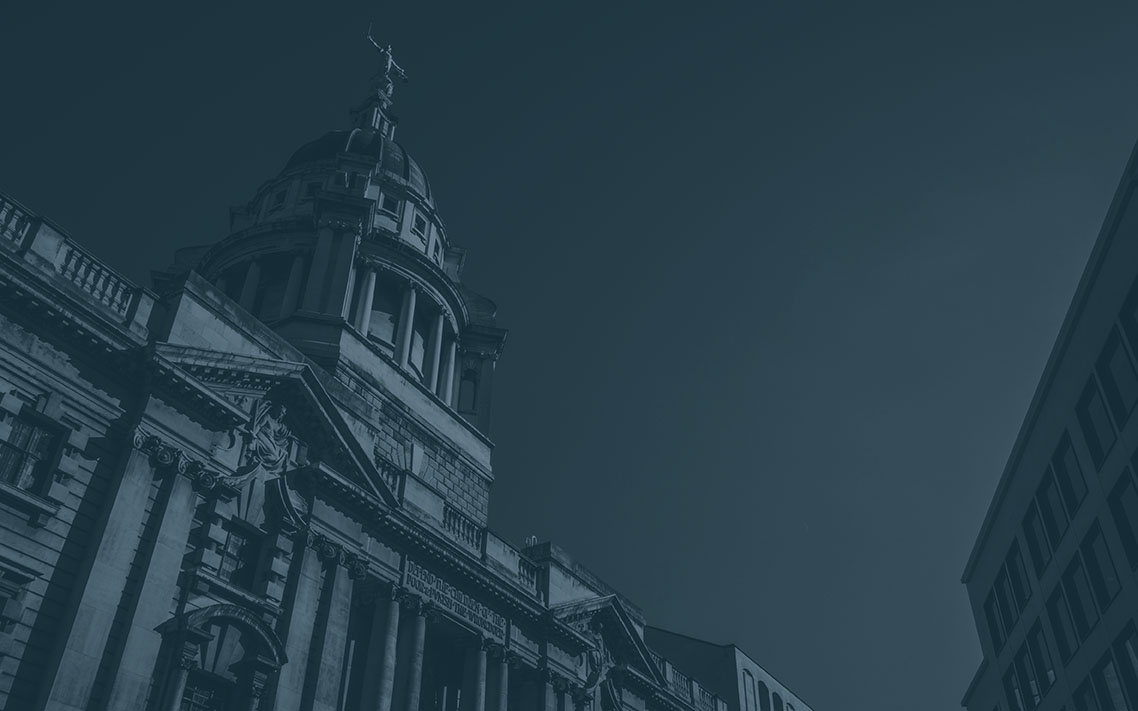
Course Outline:
This half day course has been specifically designed for clinical negligence expert witnesses (both new and experienced).
Using case examples and a Q&A session, this interactive course reviews substantive clinical negligence law. In particular, it explores the legal concepts and principles applicable to clinical negligence cases, which it is essential the expert witness understands and is up to date with. It also explores the practical effect and impact of those concepts and principles on clinical negligence cases.
The course can be attended either as a free-standing course or in conjunction with Clinical Negligence Essentials Part 2: the practical aspects of being a clinical negligence expert
Key Learning Outcomes:
- The law relating to clinical negligence and the practicalities for you as a clinical negligence expert
- What is required to be proved in clinical negligence claims
- Duty of care owed by medical and health professionals, including when a duty is owed, to whom and for what
- Breach of duty and standard of care, including the tests applied with particular consideration of Bolam, Bolitho and Montgomery
- Consent post-Montgomery
- Causation, including the ‘but for’ and ‘material contribution’ tests, remoteness and scope of duty
- An interactive case example helping demonstrate the above
Course Details:
- Duration: Half day
- Public course format and fee: Virtual | £260 + VAT
- In-house course format and fee: Virtual or face-to-face | Call for details
- CPD: 3 hours
- Suitable for: New and practising experts
Book below if you want to attend a public course. Please call 020 7549 2549 or email expertwitness@bondsolon.com to discuss or book an in-house course.
About the Trainer:
This course is delivered by Dr Jock Mackenzie, a partner on the medical claims team of Anthony Gold Solicitors. Jock is a dual-qualified doctor and solicitor with a broad clinical negligence practice. His medical and legal understanding gives him an advantage with the forensic analyses and intellectual challenges where the law and science meet, qualities that are recognised by peers in the legal profession as well as valued by clients.


